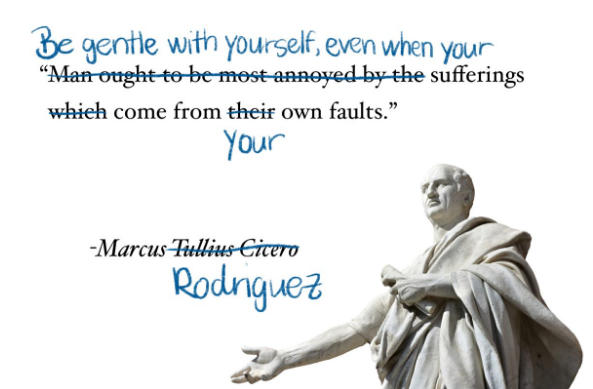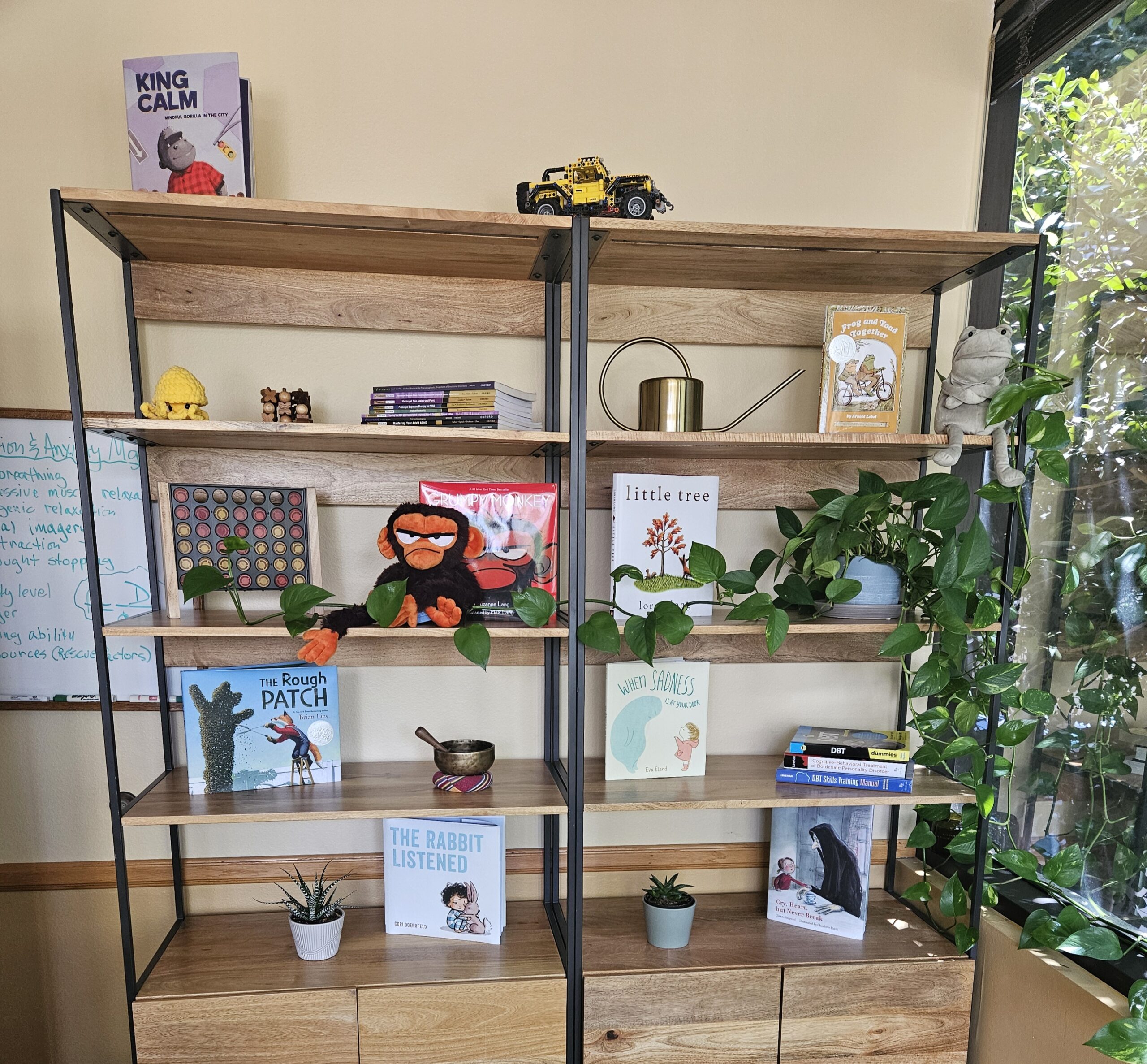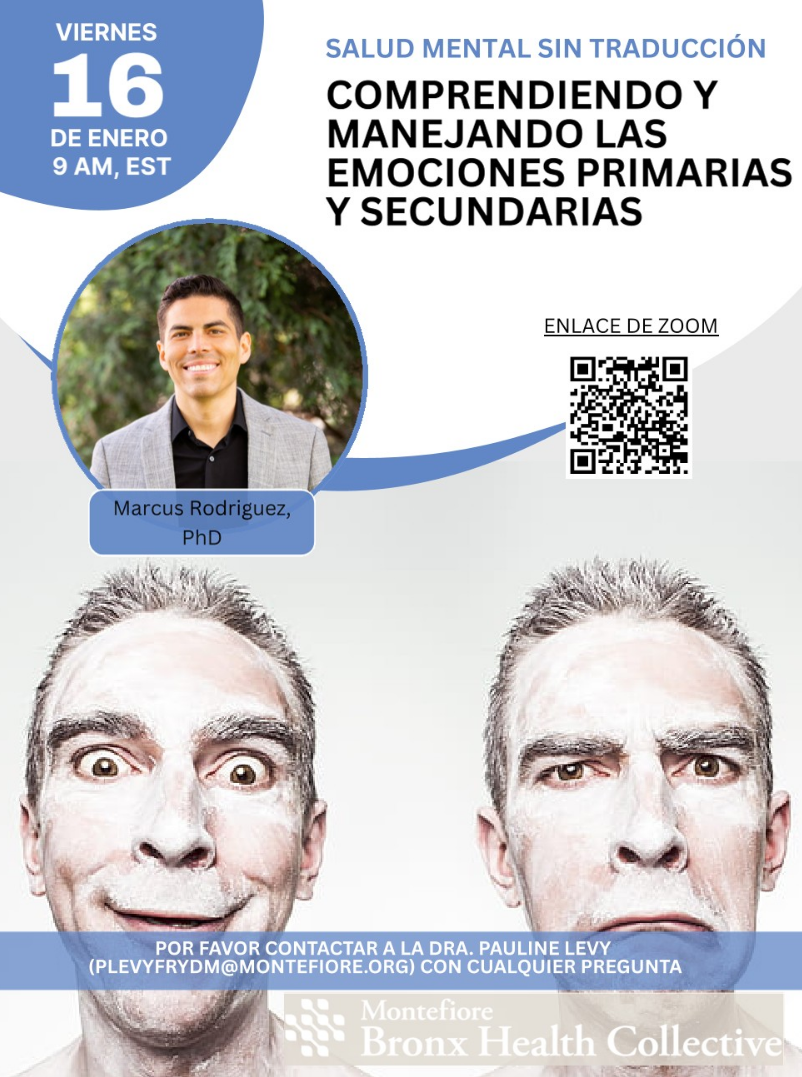“Man ought to be most annoyed by the sufferings which come from their own faults.” – Marcus Tullius Cicero
“Be gentle with yourself, even when your sufferings come from your own faults.” – Marcus Rodriguez
Negative self-talk can feel automatic, convincing, and sometimes even motivating (at least, that’s what it tells us). It’s the internal voice that criticizes, shames, and discourages. While it may feel like the default setting, the Youth & Family Institute helps youth and families retrain that voice toward one of self-validation.
What Is Self-Validation?
Self-validation means perceiving your own feelings, thoughts, and actions as making sense and understandable—even when painful or confusing. It does not require “agreeing” with everything you think or feel. Instead, it means acknowledging without judgment.
This can be a radical shift for young people and families, reducing emotional suffering and strengthening relationships with self and others.
A simple guiding question: “If my best friend were struggling with this, what would I say to them?”
The Power of Language
Our words shape how we experience the world and ourselves. Retraining self-talk begins with noticing negative thoughts and editing them with compassion.
Examples:
-
Original: “In a disordered mind, soundness of health is impossible.” – Cicero
Reframed: “In a disordered mind, soundness of health is still possible.” – Rodriguez -
Original: “A man of courage is also full of faith.” – Cicero
Reframed: “A person of courage is also sometimes full of fear.” – Rodriguez -
Original: “To stumble twice upon the same stone is a proverbial disgrace.”
Reframed: “To stumble twice upon the same stone is normal. Everyone does it. Be kind to yourself.” – Rodriguez
These reframes aren’t just clever edits—they’re tools for emotion regulation.
Try It Yourself
-
Notice your self-talk.
Example: “I’m so stupid, I messed everything up.” -
Name what you feel.
Example: “I feel ashamed because I made a mistake.” -
Validate without judgment.
Example: “Of course I feel that way. Mistakes are hard. It makes sense I feel sensitive.” -
Rewrite with compassion.
Example: “I’ve had a tough time today, but I’m doing the best I can.”
Why This Matters
For young people especially, internal self-talk shapes identity. Self-validation and compassionate reframing reduce shame, foster resilience, and teach that growth is possible without judgment.
If you or your child is struggling with depression, anxiety, ADHD, self-harm, or suicidal thoughts, know that help is available. Our DBT programs in Beverly Hills and Brentwood provide evidence-based tools—including self-validation—that can transform how we relate to ourselves and others.




